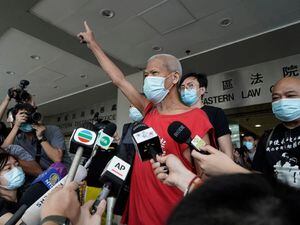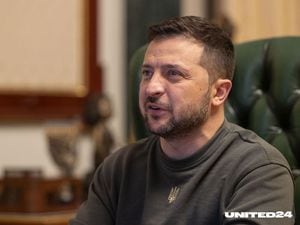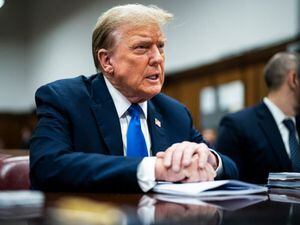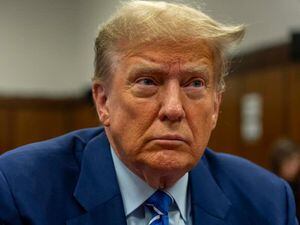Hong Kong activist arrested ahead of Olympics protest
Koo Sze-yiu was held at home under a controversial national security law.

A veteran Hong Kong activist has been arrested, days after he announced plans to protest the Beijing Winter Olympics outside government offices in the city, according to local media.
The activist, Koo Sze-yiu, was held in the early morning at his home under a national security law, according to the South China Morning Post.
Earlier this week, Koo had sent a media announcement inviting coverage of a petition he planned to present on Friday at 10am in front of China’s Liaison Office – the agency which represents the Chinese government in the nominally semi-autonomous enclave.
In his invite, Koo stated that China had pressed on with the Beijing Winter Games while ignoring “unjust” cases of imprisonment in Hong Kong.
“Don’t forget that human rights are being oppressed in Hong Kong!” he wrote in the announcement.

Koo designed his media statement with interspersed bold and enlarged letters that read “Coffin Winter Olympics”.
More than 150 people have been arrested under Hong Kong’s national security law since it was implemented in June 2020.
Before that, Koo took part in protests where he would help carry a mock coffin outside China’s Liaison Office in demonstrations held on the Chinese National Day of October 1.
Koo had previously been arrested and jailed several times, after being convicted of taking part in unauthorised rallies and flag desecration.

The 2020 law criminalises what it describes as secession, subversion, and other offences against the state.
Rights groups, foreign governments and activists have condemned the law for reversing the freedoms promised to Hong Kong when Britain handed it over to China in 1997.
Last year, some 47 activists were charged with conspiring to subvert state power under the national security law, following their participation in an unofficial primary election aimed at selecting legislature candidates for the pro-democracy camp.
Authorities claimed that the primary was “subversion”, as some of the activists indicated that they would vote down major bills in the legislature that would force Hong Kong leader Carrie Lam to step down, if the pro-democracy candidates won a majority.
Most of the city’s prominent pro-democracy activists are currently in jail or have fled overseas in fear of political persecution.





